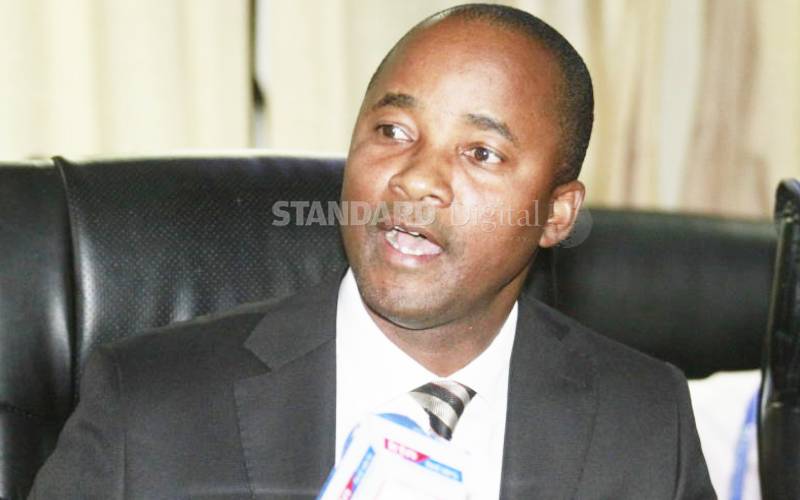×
The Standard e-Paper
Smart Minds Choose Us

Acting Controller of Budget Stephen Masha when he appeared before the Senate Finance Committee on the stoppage of transfer of funds to County Governments. [Boniface Okendo,Standard]
The office of the Controller of Budget now wants parliamentarians to amend the law and compel county governments to clear pending bills within a specified period.